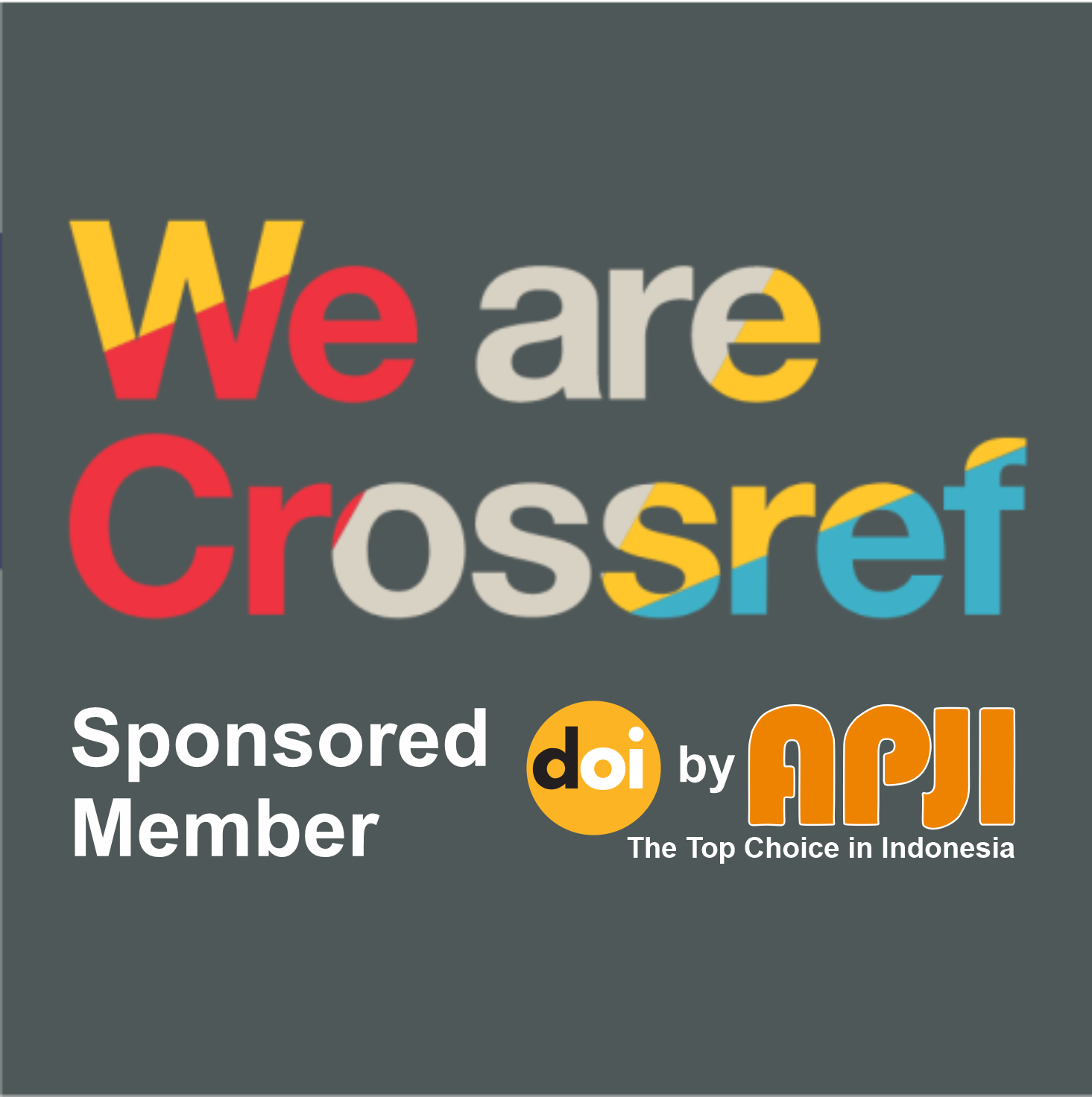Integration of Islamic Cultural Historical Values in the Formation of Religious Character of Students of MTsN 5 Lima Puluh Kota
Keywords:
History of Islamic Culture, Integration of Values, Religious CharacterAbstract
The integration of values in the teaching of Islamic Cultural History holds significant potential for shaping students' religious character. However, in practice, not all students at Madrasah Tsanawiyah, particularly at MTsN 5 Lima Puluh Kota, exhibit strong religious character despite having Islamic Cultural History as part of their curriculum. This study aims to describe how the value integration process in Islamic Cultural History learning is carried out, identify the forms of religious character developed, and determine the supporting and inhibiting factors in the process. The research employs a qualitative method using a case study approach. Data were collected through interviews, observations, and documentation involving Islamic Cultural History teachers, students, school administrators, and parents. The findings reveal that Islamic Cultural History values are integrated through the exemplification of historical figures, reflection on historical events, and their relevance to students’ daily lives. This approach successfully cultivates aspects of religious character such as honesty, responsibility, and discipline, although not always consistently. Supporting factors include curriculum alignment and the school environment, while obstacles involve students' internal limitations and insufficient reinforcement of values outside the classroom. The study concludes that Islamic Cultural History learning plays a strategic role in religious character education and should be optimized through more holistic and collaborative approaches.
References
Adawiyah, N. R., Akil, A., & Abidin, J. (2022). Karakteristik Pendidikan Agama Islam di Madrasah Prespektif Kebijakan Pendidikan. PeTeKa, 5(3), 317–325. https://doi.org/10.31604/ptk.v5i3.317-325
Annur, P. A., Susanti, E., & Gera, I. G. (2023). Urgensi Pendidikan Moral Sekolah Dasar dalam Membentuk Karakter Religius di Era Digital menurut Henry Alexis Rudolf Tilaar. Jurnal Edukasi, 1(3), 271–287. https://doi.org/10.60132/edu.v1i3.182
Astuti, M., Herlina, H., & Ibrahim, I. (2024). Pendidikan Islam dan perannya dalam membentuk karakter mahasiswa. Jurnal Visionary: Penelitian Dan Pengembangan Dibidang Administrasi Pendidikan, 12(1), 77–88. https://doi.org/10.33394/vis.v12i1.9821
Fadilah, R., & Al Hadisi, A. S. (2022). Integrasi Nilai-Nilai Islam Siswa Dalam Pembelajaran Fikih Di Mi Tanwirul Hija Cangkreng Sumenep. J-ABDI: Jurnal Pengabdian kepada Masyarakat, 1(9), 2211–2226. https://doi.org/10.53625/jabdi.v1i9.1263
Futra, E. S., Aulia, A. F., & Suratman, S. (2023). Implementasi Metode Pembiasaan Dalam Membentuk Karakter Religious Siswa SMP Nabil Husein Samarinda. Sanskara Pendidikan Dan Pengajaran, 1(03), 109–116. https://doi.org/10.58812/spp.v1i03.133
Ikhsan, N. I., Irfani, F., & Ibdalsyah, I. (2022). Efektivitas media audio visual dalam pembelajaran sejarah kebudayaan islam terhadap hasil belajar siswa di MTs Badru Tamam. Reslaj: Religion Education Social Laa Roiba Journal, 4(4), 899–917. https://doi.org/10.47467/reslaj.v4i4.1006
Judrah, M., Arjum, A., Haeruddin, H., & Mustabsyirah, M. (2024). Peran Guru Pendidikan Agama Islam Dalam Membangun Karakter Peserta Didik Upaya Penguatan Moral. Journal of Instructional and Development Researches, 4(1), 25–37. https://doi.org/10.53621/jider.v4i1.282
Linaci, A. N. S., Erlangga, A., Desiana, D., Al Ghifari, D., Anwar, S., & Anwar, C. (2024). The Integration of Value Education and Islamic Religious Education within the Framework of National Education. TOFEDU: The Future of Education Journal, 3(5), 1465–1472. https://doi.org/10.61445/tofedu.v3i5.261
Muntu, N. (2022). EVALUASI PEMBELAJARAN PAI DAN BUDI PEKERTI PADA MTs DAN SMP DI KOTA BITUNG. JIEP: Journal of Islamic Education Policy, 7(2). http://dx.doi.org/10.30984/jiep.v7i2.2220
Nasrudin, M., Santoso, F. S., Budiutomo, T., & Kaswati, A. (2022). Arah Baru Kajian Pendidikan Sejarah Kebudayaan Islam Dari Muhammad Abid Jabiri. Ulumuddin: Jurnal Ilmu-Ilmu Keislaman, 12(2), 227–246. https://doi.org/10.47200/ulumuddin.v12i2.1283
Prasetiyo, N. T. (2025). POTRET PENDIDIKAN AGAMA ISLAM DI LINGKUNGAN MULTIKULTURAL SEKOLAH INDONESIA DI MALAYSIA. JPG: Jurnal Pendidikan Guru, 6(2), 318–330. https://doi.org/10.32832/jpg.v6i2.19940
Putri, N. A. N., Rahmawati, I. Y., & Kristiana, D. (2022). Implementasi model pembelajaran cerdas berbahasa indonesia fonik (cbi fonik) dalam menstimulus kemampuan menyimak anak usia dini. Jurnal Paedagogy, 9(4), 772–781. https://doi.org/10.33394/jp.v9i4.5480
Ramdhani, M. A., Sapdi, R. M., Zain, M., Rochman, A., Azis, I. A., Hayat, B., Bashri, Y., Munir, A., Anam, K., & Iksan, M. (2022). Moderasi Beragama Berlandaskan Nilai-Nilai Islam (1 ed., Vol. 29). https://cendikia.kemenag.go.id/storage/uploads/file_path/file_28-09-2021_6152761cdc6c1.pdf
Rofiah, S. (2021). Integrasi Kurikulum berbasis Sains dan Nilai-nilai Keislaman (1 ed., Vol. 1). Penerbit NEM. https://books.google.co.id/books?id=ofpTEAAAQBAJ
Sihotang, A., & Pohan, S. (2024). Implementasi Taksonomi Bloom Dalam Pembelajaran Pendidikan Agama Islam Untuk Membentuk Perilaku Teladan Siswa. Didaktika: Jurnal Kependidikan, 13(3), 3353–3364. https://doi.org/10.58230/27454312.897
Skopečková, E. (2024). Translation and Own-Language Use in Teacher Education: The Project. Dalam Translation and Own-Language Use in Language Teaching: The Quest for Optimal Practice (hlm. 129–238). Springer International Publishing. https://doi.org/10.1007/978-3-031-54541-2_5
Sukarlan. (2025). MANAJEMEN PENDIDIKAN NILAI (1 ed., Vol. 1–1). Goresan Pena. https://books.google.co.id/books?id=_eBWEQAAQBAJ
Weng, C., & Wirda, M. A. (2025). The effect of student’s online learning readiness to student’s engagement, satisfaction and achievement in higher education, Indonesia. Education and Information Technologies, 30(7), 9711–9736. https://doi.org/10.1007/s10639-024-13204-x
Widiandari, F. & Tasman Hamami. (2022). PENGEMBANGAN KURIKULUM PENDIDIKAN AGAMA ISLAM DALAM PENDEKATAN HUMANISTIK DI INDONESIA. AT-TA’DIB: JURNAL ILMIAH PRODI PENDIDIKAN AGAMA ISLAM, 164–174. https://doi.org/10.47498/tadib.v14i2.1562
Downloads
Published
Issue
Section
License
Copyright (c) 2025 Nurhidayati Nurhidayati, Ismi Nofitra, Imam Hanafi (Author)

This work is licensed under a Creative Commons Attribution-ShareAlike 4.0 International License.














